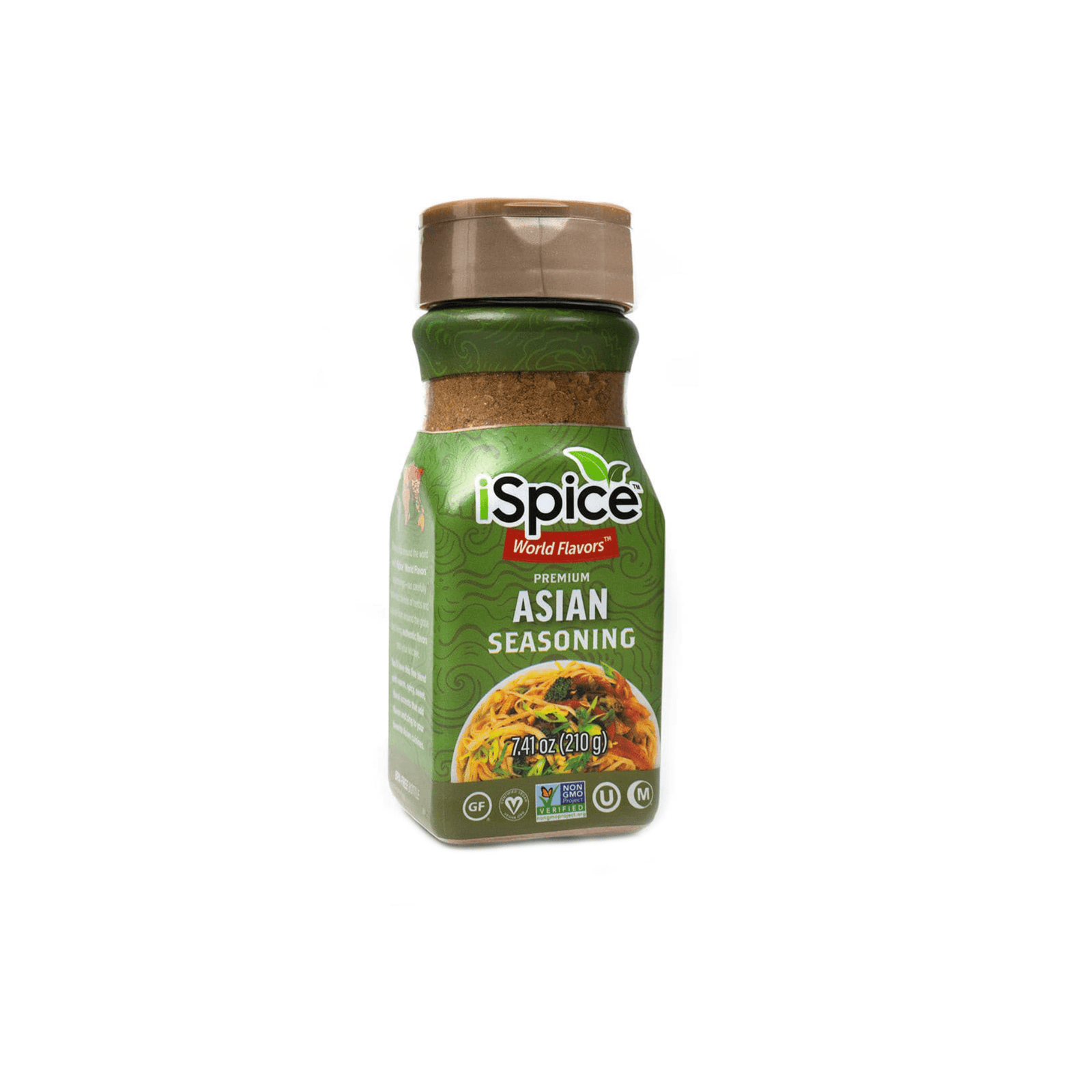Rosemary is a Mediterranean shrub and member of the mint family that exists in many world cuisines as an herb for flavor and food preservation. Unlike most woody herbs, the pungent, piny, minty flavor is preserved well when dried. Fresh or dried, rosemary is a powerful herb and thus should be used sparingly. When using fresh, the leaves are stripped off the stem and then minced.With a taste that has notes of mint and woodiness, rosemary pairs well with meats, chicken, vegetables, soups, baked goods and even cocktails. It often plays a role in marinades and braises, breads, broths, bouquet garnis, potpourris and stuffings.Its name is derived from the Latin rosmarinus, which means “dew of the sea,” referring to its light blue flowers and love for wet environments. Rosemary was thought to have holy properties in Ancient Rome, Greece and Egypt, and there are some indications that it improves brain function and reduces anxiety when used as part of aromatherapy. Its topical use can prevent baldness—a technique used by some Native Americans for centuries. And, throughout history, rosemary has been used as an insect repellent.
Alert: While spices can have many beneficial properties for health, using them for medical purposes should be done under the guidance and supervision of a healthcare professional or specialist. Some spices may interact with medications or cause adverse reactions in certain individuals, and it is important to use them safely and appropriately. If you are considering using spices for a medical condition, it is important to consult with a healthcare professional before doing so.
| |
Benefits of RosemarySome research suggests Rosemary may have the following benefits:
|





















































